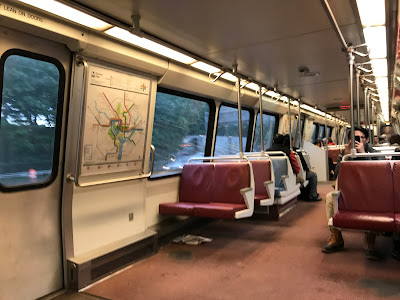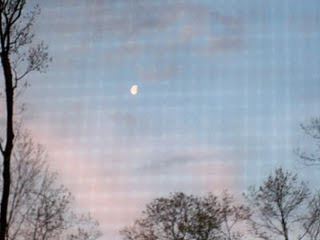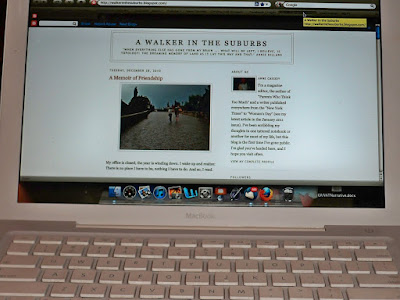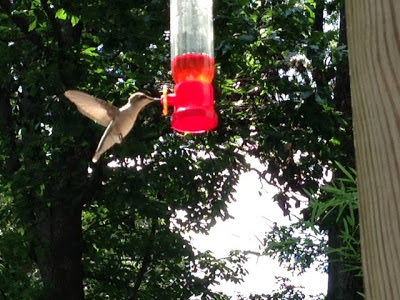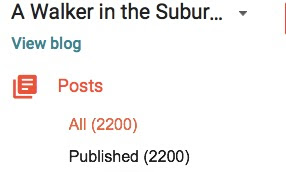Last night was the final episode of Burns and Novick’s Vietnam War. It began and ended with Tim O’Brien reading from his book The Things They Carried.
“They marched for the sake of the march. They plodded along slowly, dumbly, leaning forward against the heat, unthinking, all blood and bone, simple grunts, soldiering with their legs, toiling up the hills and down into the paddies and across the rivers and up again and down, just humping, one step and then the next and then another, but no volition, no will, because it was automatic, it was anatomy, and the war was entirely a matter of posture and carriage, the hump was everything, a kind of inertia, a kind of emptiness, a dullness of desire and intellect and conscience and hope and human sensibility.”
While he read, the people who had been our companions through this series — the Americans, the South Vietnamese, the North Vietnamese, the Viet Cong, the soldiers, the antiwar activists, the vets, the military brass — we got to see what they are doing now. They are teachers and counselors, a judge. But more of them than not, it seems, are writers.
This brought some comfort. The film stirred up feelings in all of us who lived through the war, raised questions that will never be answered, dredged up divisions that still rankle. But it showed that sometimes art can distill and, if not heal, at least lance, drain and make bearable.
